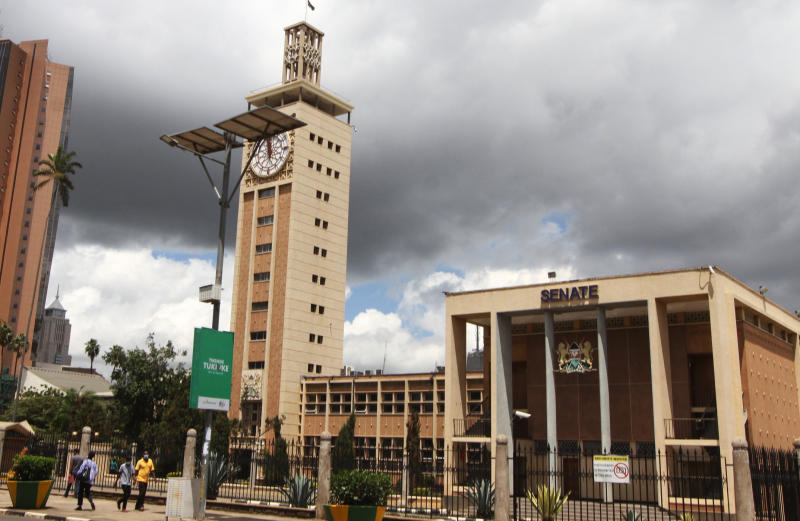MPs should make vetting worthwhile

Starting today and for the next 10 days, the Parliamentary Committee on Appointments will be interviewing the candidates proposed by the President for consideration as Cabinet Secretaries.
This is a critical assignment for the members of that committee as the public will be watching to see if the legislators will be merely rubberstamping or will ask the nominees tough questions about their past conduct in the public sphere.
The precedent that the committee will set is likely to have far-reaching repercussions for appointment to public offices in future and it is, therefore, important they develop a template that can be followed in future.
In as much as the President has indicated these are the people he would want to work with to deliver his election pledges to citizens, Parliament must hold them up for scrutiny to ensure only those found to be duly qualified and who have impeccable integrity are recommended for appointment. As such, the committee, as well as the House, should avoid succumbing to the temptation of approving the nominees as an omnibus. Each must merit their place in the Cabinet.
That said, it will also be important that the committee focuses on substantive issues, rather than sideshows, to ensure that the process is not derailed or used to settle political scores. There are still raw emotions over the outcome of the August elections, raising the risk of clouding the judgement of some of the members of the team.
This is to remind each of them that they will need wisdom to navigate this critical task and to use the vetting only for the intended purpose as envisaged in the letter and spirit of the law. For once, they should remember that Kenya has a unique opportunity to turn the leaf and raise the bar in the appointment of State and public officers. This is a challenge that the team lead by National Assembly Speaker Moses Wetang’ula ought to rise to and ensure that only the best candidates are approved.
Going forward, however, Parliament will need to come up with legislation about vetting of nominees with pending court cases or who are the subject of investigations by agencies such as the Directorate of Criminal Investigations or the Ethics and Anti-Corruption Commission.
Whereas one is presumed innocent until proven guilty by a court of law, legislators must also be alive to the fact that investigations do not occur in a vacuum. In all likelihood, where there is smoke, there is fire, hence the need for clarity from the House — or the courts — on how such nominees should be handled during vetting.












